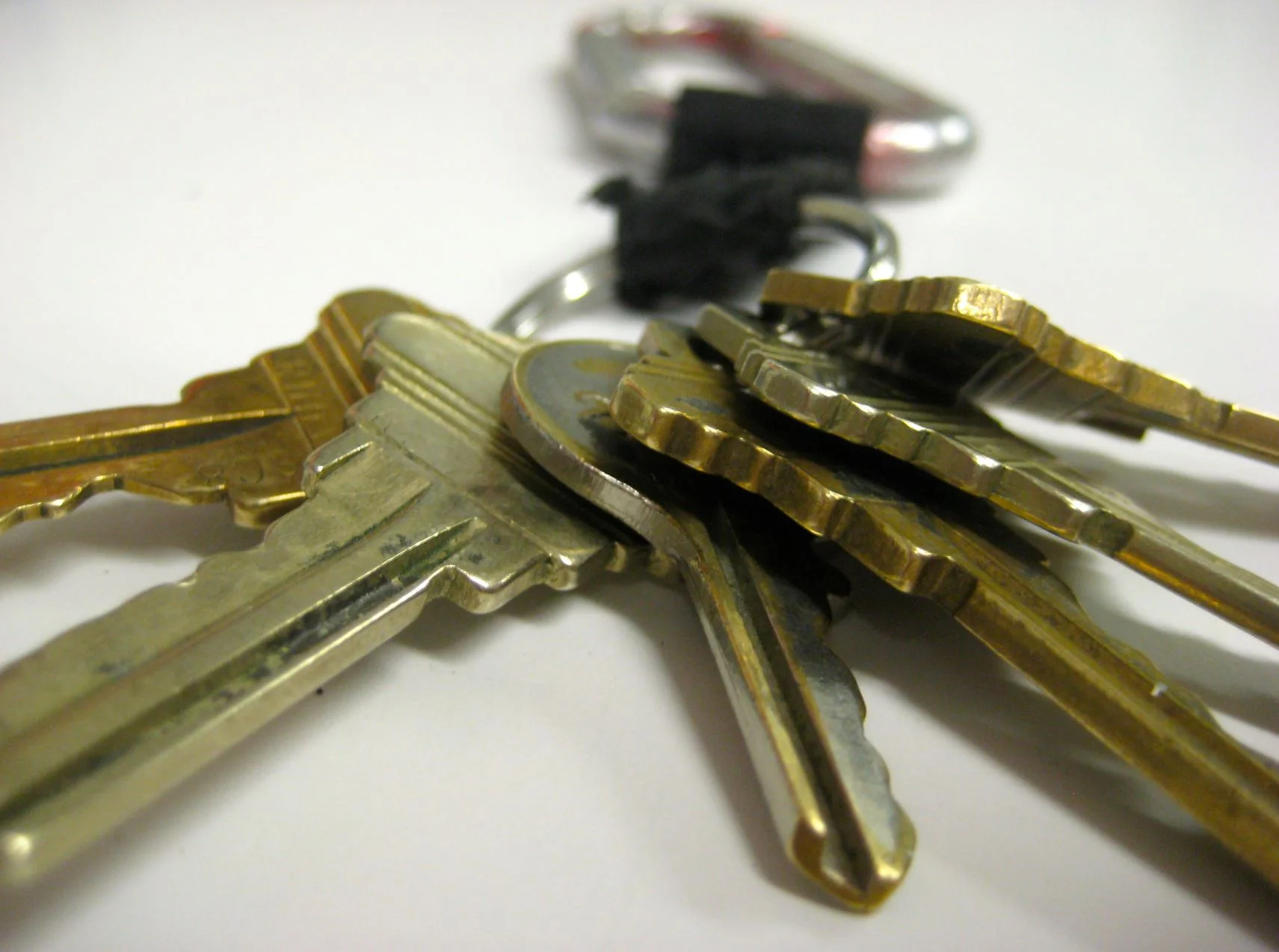Projected temperature increases through 2050 could lead to an additional 21,000 suicides in the United States and Mexico, new research finds.
Why your brain never runs out of problems to find
7.5 billion and counting: How many humans can the Earth support?
What getting too little vitamin D does over time
Why alcohol after sport and exercise is a bad idea
You’re eating microplastics in ways you don’t even realize
We’re increasingly aware of how plastic is polluting our environment. Much recent attention has focused on how microplastics – tiny pieces ranging from 5 millimetres down to 100 nanometres in diameter – are filling the seas and working their way into the creatures that live in them. That means these ocean microplastics are entering the food chain and, ultimately, our bodies.
Getting hot and sweaty: how heat and spice might affect our appetite
The secret information hidden in your hair
Your hair can say a lot about you. It doesn’t just give people clues about your personality or your taste in music. It can also record evidence of how much you drink, whether you smoke or take drugs, and perhaps even how stressed you are. My colleagues and I research how hair can be used to provide more accurate testing for these attributes. And a recent court case shows how far the technology has come.
Sleep problems are influenced by our genes – but this doesn’t mean they can’t be fixed
Some people struggle greatly with sleeplessness, whereas others appear to be able to nod off effortlessly, regardless of the circumstances. Perhaps the most obvious explanation for differences between us in terms of our sleep is the environmental challenges that we face. An unrelenting stint at work, relationship difficulties or receiving bad news are just some of the many life challenges that can lead to sleepless nights.
Just how gross are airplane cabins really?
Why do our ears pop?
Spending time alone in nature is good for your mental and emotional health
Today Americans live in a world that thrives on being busy, productive and over scheduled. Further, they have developed the technological means to be constantly connected to others and to vast options for information and entertainment through social media. For many, smartphones demand their attention day and night with constant notifications.
Does eating at night make you fat?
Waste time looking for your keys? Try this attention trick
Health Check: three reasons why sleep is important for your health
Millions of People Need New Corneas. Now We Can 3D Print Them
Explainer: how much sleep do we need?
Why do humans have such large brains? Our study suggests ecology was the driving force
Most animals have brains in proportion to their body size – species with larger bodies often have larger brains. But the human brain is almost six times bigger than expected for our bodies. This is puzzling, as the brain is very costly – burning 20% of the body’s energy while accounting for only 4% of its mass.













